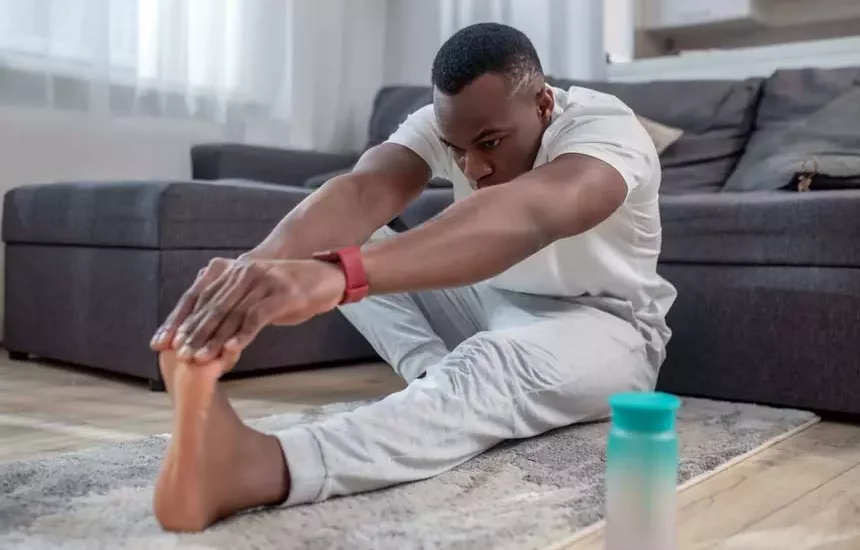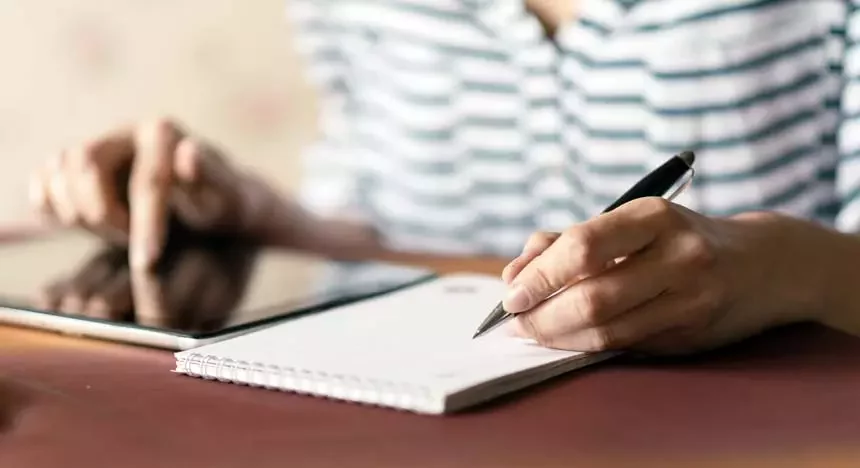Our Top Tips on Coping with Anxiety Sober
Table of Contents
Anxiety is one of the most commonly diagnosed mental health issues in the United States. Anxiety Disorders affect approximately 40 million American adults aged 18 years and older (about 18%) in a given year. A lot of these people will seek out professional help to treat their anxiety disorder, while some will suffer silently, or not even realize that they have an issue.
For those of us in recovery from substance abuse, it is very important that we not only seek help if we are dually diagnosed, but we must find healthy outlets to release these feelings, as medication can often be a slippery slope for us.
Anxiety is more prevalent for addicts and alcoholics, more than 50% of people in recovery have been diagnosed with anxiety issues. When someone is in recovery they must learn how to deal with their anxiety in a natural way. Relying on medications can hinder their chances of achieving long-term sobriety. Avoiding anxiety and dealing with it without the help of substances will help someone in recovery stay sober and stay positive.
Some people will seek out counseling while others will take medications like Xanax and Valium. Many addicts and alcoholics will turn to abuse various substances to self-medicate their anxiety issues. Some of these people will abuse the medications that were prescribed by their doctors while others will use alcohol or illegal drugs.
1: Exercise to Help Anxiety

Science has proven countless times that those who engage in frequent physical activity report struggling less with depression and anxiety. Exercise doesn’t need to be an intense 2-hour workout at your local Crossfit. It can simply mean just getting your heart rate up for at least 30 minutes a day. If lifting weights and running isn’t your thing try doing something more fun like dancing or swimming. Exercising will strengthen your cardiovascular system, your muscles, your heart and your bones. It also stimulates the release of endorphins and will help improve mental functioning. Your concentration and attention will improve. Exercise will lower your cholesterol, blood pressure, cortisol and various other stress hormones, greatly decreasing the effects of daily stress.
2: Reduce Anxiety with Meditation
Just a few minutes of meditation a day can do wonders.“Research suggests that daily meditation may alter the brain’s neural pathways, making you more resilient to stress.” says psychologist Robbie Maller Hartman, Ph.D., a Chicago health and wellness coach. Daily meditation has been linked to overall feelings of well-being and lower levels of stress and anxiety. It will help reduce the signs of aging and can also help with sleeping patterns. Meditation will also help with cardiovascular health and heart flow. If you feel yourself becoming anxious try separating yourself from outside noises and distractions for 10 minutes.
Don’t forget, meditation doesn’t have to be sitting like the monks for hours on end, it can also be just closing your eyes and breathing for 2-3 minutes, or even doodling or reading a book. The definition of meditating is “focused thought”, so that’s all we have to do. It is important to remember, however, that the focused thought should be on something OTHER than the topic of frustration we are driving ourselves crazy about. If you find you cannot stop your mental loop, try taking a walk and listening to music.
3: Music Helps Anxiety

The therapeutic qualities of music are understood and accepted worldwide. Listening to music can have an amazing relaxing effect on our minds and bodies. Slow, quiet classical music is amazing for this. There are albums specifically designed to help us relax. This type of music can have a beneficial effect on our physiological functions, slowing the pulse and heart rate, lowering blood pressure, and decreasing the levels of stress hormones. Any music can be therapeutic and help with anxiety if it is music you enjoy.
4: Healthy Diet
Eating healthy and avoiding foods with high sugar and fat levels will help decrease your daily anxiety. Of course, those foods are usually the most delicious, but afterward, your body will feel the effects of what you put in it. Try and eat healthier foods and stay away from sodas and sports drinks. Water is amazing and will help your body out more than you can imagine. Caffeine is ok in moderation, but if you find yourself to be more stressed out than usual try and cut back on your caffeine intake. Try drinking tea as a sleep aid if needed.
5: Spending Time with Others
I know that for those of us who struggle with anxiety and depression, being around other people can seem like a nightmare, however, when we are alone with our thoughts, the nightmare really takes place inside our heads. When we are able to make the effort to be around other people who understand and can sympathize with us, it can help to alleviate those thoughts that can’t seem to quiet themselves down. We can express how we are feeling to others, and they can help us put it into perspective or find a solution for what is troubling us.
6: Make Lists

Being unorganized can be very stressful. Falling back on tasks that you wanted to achieve will not only add anxiety to your daily life but will also take away from your sense of accomplishment. Make lists for daily goals and tasks you want to take care of. A good to-do list can do wonders. Marking things off these lists will help your day move with more structure and keep you productive.
Freedom From Addiction: Found Here
If you have found yourself or a loved one suffering from alcoholism or addiction, you are not alone! If you are ready to change your life and live free of addiction, then Find Addiction Rehabs can help. We give you the jump start to recovery you need in order to experience the recovery you have always wanted through placement at top facilities across the country.
We refer to programs that are successful in that they don’t just treat the addiction but treat the whole person and the reasons that led to drinking and/or using. Give yourself the break you deserve, and start (or renew) your recovery with a confidential call today!
Anna M. joined Find Addiction Rehabs with extensive experience in the field of addiction treatment. As a former Nurse Practitioner in Miami, she found her passion for addiction treatment when a family member was lost to his disease. With each article and resource, she hopes to save other families from experiencing the anguish of a loved one’s passing due to drinking or drugs.


